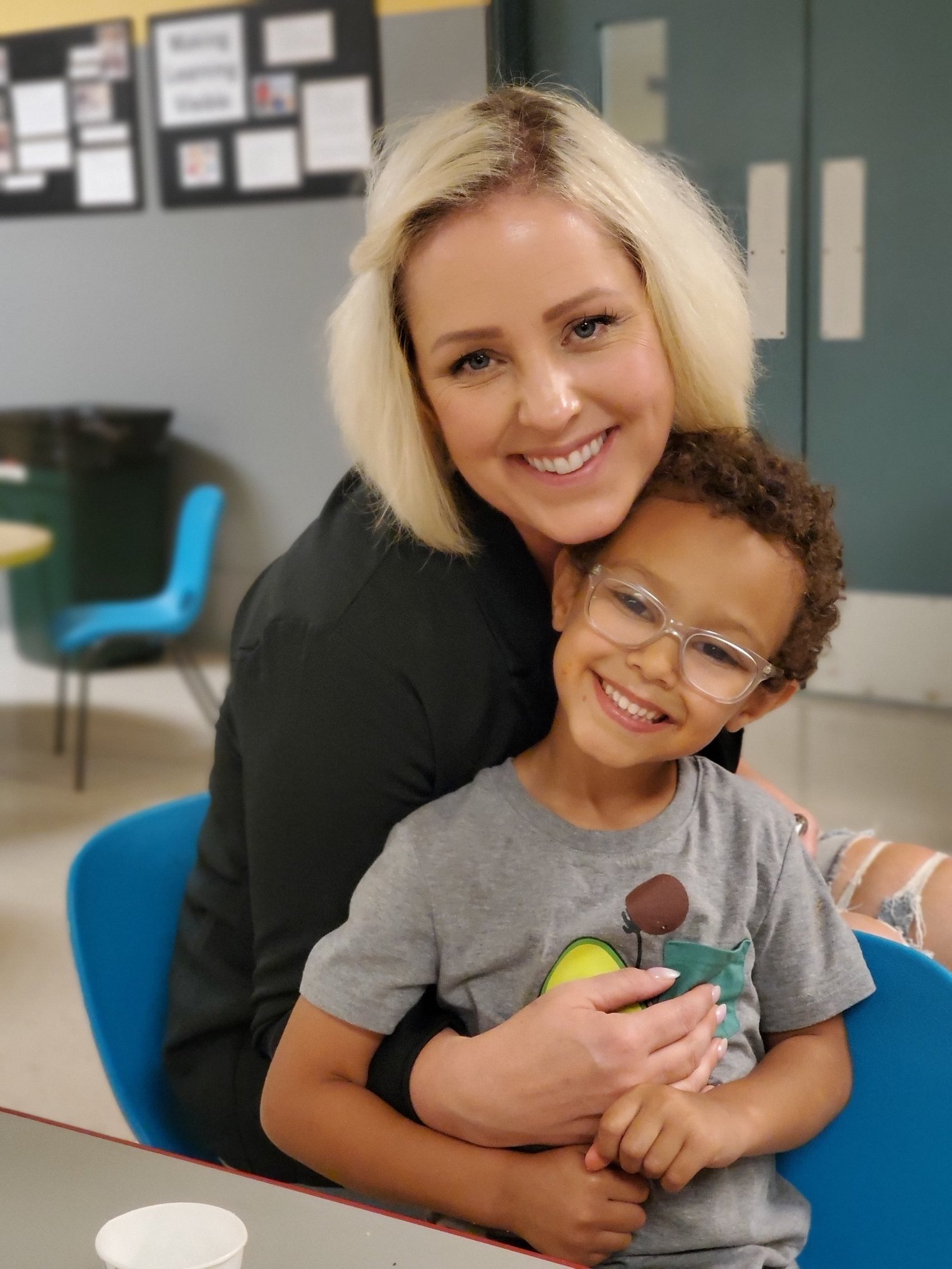Interview with Megan Taye of Love Letters on 6/27/2023 by George Ackerman, Ph.D., J.D.
Biography
Megan Taye was diagnosed with Young Onset Parkinson’s Disorder (YOPD) in her 40s, after years of symptoms. When she’s not working full time, she loves spending time with her husband and two kids. An advocate at heart, Megan testifies to lawmakers about living with YOPD. She also recently started an Instagram page (@yopd.love.letters) to spread awareness about Parkinson’s Disease and to connect with other people living with YOPD.
Please tell me a little about your background and what got you involved with awareness.
I was diagnosed with Young Onset Parkinson’s Disease (YOPD) in my 40s. I’m a wife, and mother of two children, working full-time and living a very active life. I am a private person and didn’t want to share my diagnosis with others at the beginning. I started a diary of my progression for my children.
Can you tell me more about your organization?
YOPD Love Letters was created to spread awareness about Young Onset Parkinson’s Disease. I had been creating digital love letters to my family to document my love for them, in the event I may not be able to communicate that to them as my disease progresses. I also hoped it would help my kids understand the reasons their mom was changing as the years passed. Seeing my family and close friends’ emotional reactions to the love letters dawned on me that I could share them publicly, to spread awareness (and as a byproduct, increase visibility and fundraising to speed a cure).
At first my goal was to capture people’s attention and awareness but what I didn’t realize was I would also be attracting many others with Young Onset as well around the world.
What is your passion and how did you get involved in Parkinson’s awareness and hope for a cure?
I first became involved with Parkinson’s advocacy by writing letters to my state lawmakers, requesting more awareness/acknowledgment of Parkinson’s as well as for a Parkinson’s state registry. I have testified at the local level and helped obtain Proclamations regarding Parkinson’s Awareness Month in several cities in my state. I was recently invited to testify to my district’s members of congress, urging them to co-sign the National Plan to End Parkinson’s Act.
Many people tell me they were worried or scared to share their stories but because I have, they now feel more comfortable sharing their experiences.
What type of goals do individuals with Parkinson’s have when viewing your messages?
I have had a lot of messages that people said my videos have inspired them. Some say they relate to them and thank me for putting my family out there for the world to see. It makes you vulnerable, but my family has been very supportive.
I have had individuals say they were not as aware of all the symptoms of Parkinson’s, but they learned it from seeing my videos. I asked them to send letters to their Congress representative to help fund Foundations like the Michael J. Fox Foundation for support.
It is amazing to come together with others to share community and ideas and make you feel like you are not alone. Doing the love letter videos makes me feel less powerless living with Parkinson’s. It empowers me and lets me feel a little in control.
What effect can it have on an individual with Parkinson’s?
Since launching YOPD Love Letters on Instagram, I have been able to reach two audiences; people who don’t know much about Parkinson’s and are hopefully being educated by my posts (and links to informational websites), and people living with YOPD that are looking for community. It is so important for people with YOPD to find each other because our experience with the disease is unique. We are in the prime of our lives, raising young children, and in the middle of our careers. We are balancing it all while also needing to make time for medication management, high intensity exercise, and multiple medical appointments. We are volunteering for field trips while managing chronic pain and presenting at work meetings while trying to manage our visible motor symptoms. We are running around all day, without time for naps that we desperately need. Our symptoms can change day to day, but the rest of our lives don’t slow down for us. Having a community of people that can relate to each other is vital.
What would you like to see as a future goal for your programs?
My goal is to help speed a cure. To that end, my current goal is to encourage as many people as possible to contact their lawmakers and urge them to support the National Plan to End Parkinson’s Act.
What events do you participate in?
I’m involved in advocacy work and attend my local YOPD support group, hosted by the Brian Grant Foundation.
How does this also assist the caregivers?
I include posts about caregivers because they are the unsung heroes of families living with YOPD. They too are in the middle of careers, raising children, and are suddenly thrust into the role of caregiver on top of everything else. Because caregivers tend not to ask for help, I provide links to resources for caregivers (as well as for the people that love them and want to help).
How can someone get in touch? What is your website?
@yopd.love.letters on Instagram and Facebook.
Instagram at https://instagram.com/yopd.love.letters?igshid=OGQ5ZDc2ODk2ZA==
If you had one final statement or quote you could leave for the Parkinson community, what would it be?
If you have been considering becoming an advocate, this is your sign to take the leap. The best way to get the attention of lawmakers is to raise our voices. Telling your story (via letter, email, or direct testimony) as a constituent is very powerful. Your personal story about living with YOPD could be the catalyst to your lawmaker acting and passing bills that will help to speed up a cure.

